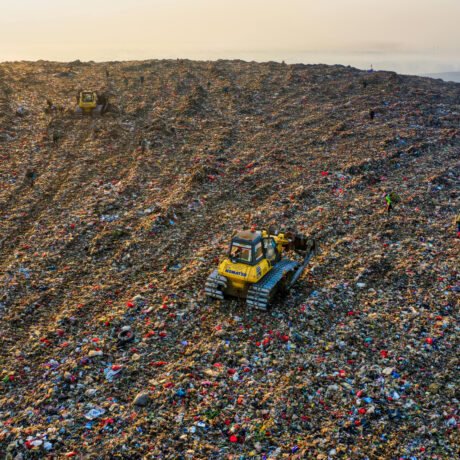COP29 DEMANDS
HEY BIG FASHION BRANDS,
START FINANCING YOUR DECARBONISATION NOW!
COP29, the 29th Conference of the Parties to the United Nations Framework Convention on Climate Change, is poised to be a pivotal event in the global fight against climate change. As usual, the conference will bring together world leaders, negotiators, and stakeholders to assess progress on climate commitments made during previous COP meetings and to discuss strategies for achieving the goals of the Paris Agreement. But we are all fatigued from discussions and commitments, the time is running out and we urgently need action.
As many stakeholders are referring to COP29 as ‘the finance COP’, with negotiations seen as critical to advance a range of financial tools and instruments to support actions to address climate change, we want to reinforce our calling on major fashion brands to invest at least 2% of their revenue in a fair transition away from fossil fuels – like coal – to renewable energy sources – like wind and solar – to power fashion’s supply chain in a clean way.
Fashion is fueling the climate crisis, and major fashion brands must urgently put their money where their emissions are.
Fashion is one of the most polluting industries on the planet, with fossil fuels burned at every stage of production. The industry alone is set to overshoot the 1.5°C limit by 50%, doubling emissions rather than halving them as the science is crying out for. Frequent climate catastrophes, like extreme heat, flooding, and droughts are devastating the livelihoods of workers across global garment supply chains, with extreme weather estimated to cost nearly one million jobs by 2030.
Fashion Revolution’s new report, What Fuels Fashion? reviewed 250 of the world’s largest fashion brands and retailers and ranked them according to their level of disclosure on climate and energy-related data in their operations and supply chains. The findings revealed that major fashion brands aren’t doing enough to cut fossil fuel use in their supply chains. 86% of major fashion brands lack a public coal phase-out target, and only 3% disclose the level of financial support provided to supply chain workers affected by the climate crisis.
By investing at least 2% of their revenue into clean, renewable energy and upskilling and supporting workers, fashion could simultaneously curb the impacts of the climate crisis and reduce poverty and inequality within their supply chains. Climate breakdown is avoidable because we have the solution – and big fashion can certainly afford it.
Our Demands for Fashion Brands:
- Tell us about your clothes: How and where they were made, how many were produced.
-
- Disclose your annual production volumes
- Disclose the fiber mix of your clothes and why are these fibers
- Disclose the prices you pay to suppliers for each item and the wages that workers receive for the production of your garments
- Tell us about your impact: Measure your environmental and social impact and disclose it.
- Disclose your supplier lists (Tier 1 and Tier 2) in an open source easy to usee for others (such as excel, csv or json)
- Disclose your fuel mix across your supply chains by country
- Publish a detailed breakdown of renewable energy procurement type in your operations and supply chain
- Tell us how you are leveraging your power to influence and advocate for a decarbonisation process and just transition in your supplying countries
- Tell us about your targets: Set targets, disclose how you established them, how you plan to meet them, and report on progress.
- Disclose your climate targets, including your supply chain, backed up by a decarbonisation strategy. Oh and don’t forget to share how were suppliers consulted in the establishment of those targets.
- Publish evidence of climate action in the supply chain and how these efforts are reducing greenhouse gas emissions while increasing renewable energy capacity.
- Share how you are supporting your suppliers for a just transition
Our Demands for Policymakers:
- Implement Binding Regulations: Require transparency and corporate accountability on environmental and human rights issues in the global fashion industry.
- Responsible Purchasing Practices: Ensure brand payments to suppliers reflect the true costs of sustainable production.
- Finance the Green Transition: Develop policies that support garment-producing countries facing debt crises and climate vulnerabilities, prioritizing actions to reduce greenhouse gas emissions.
- Direct Financial Support for Suppliers: Facilitate access to financial resources for suppliers to enhance resilience to climate change, with flexible repayment terms and simplified loan processes.
- Equitable Decision-Making Models: Create decision-making frameworks informed by affected stakeholders, ensuring local contexts and regional needs are integrated into climate action planning and implementation.
What can you (citizens) do?
- You can read the What Fuels Fashion report here and share!
- Email your brands here
- Donate here to keep our revolution going








